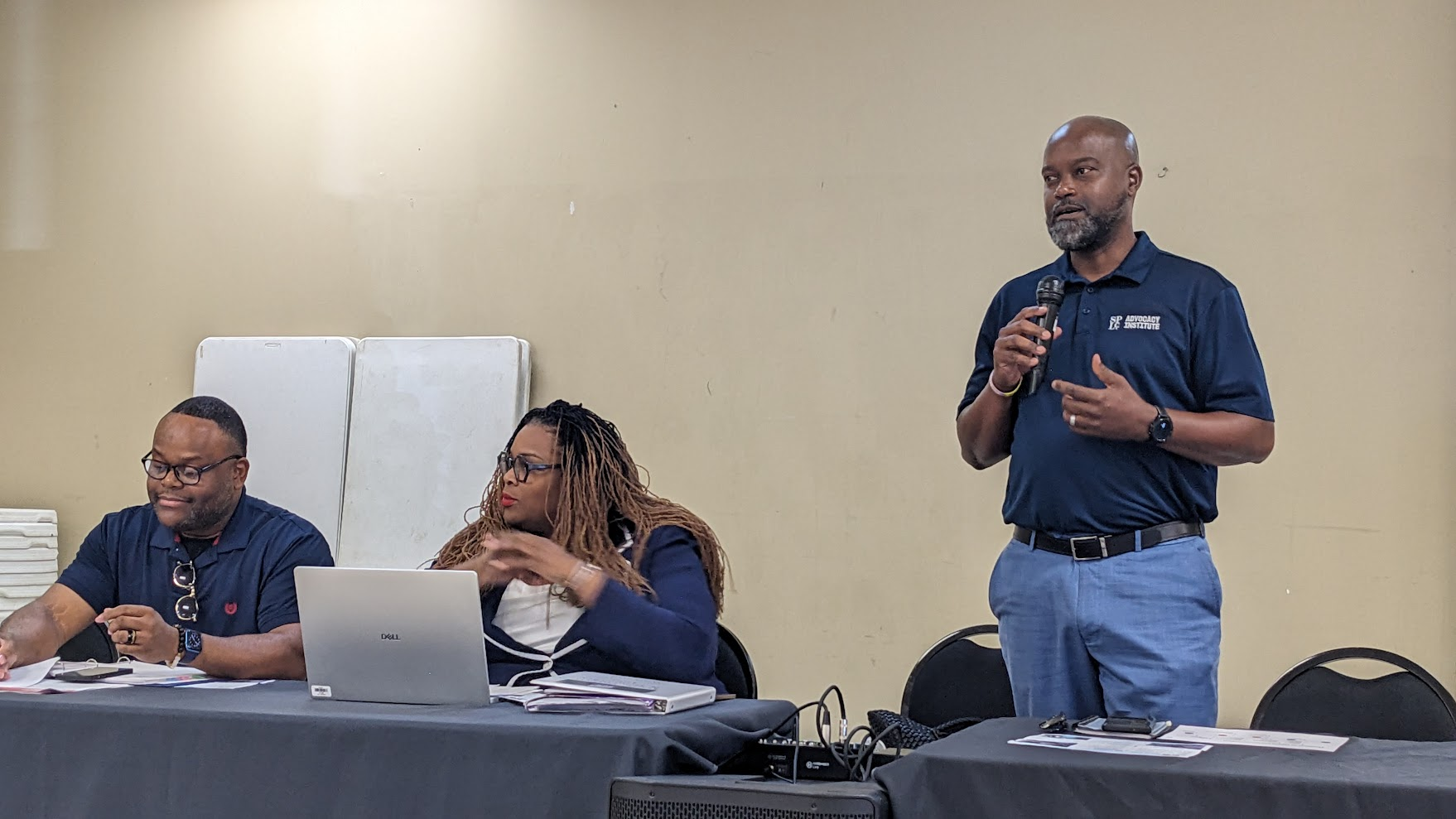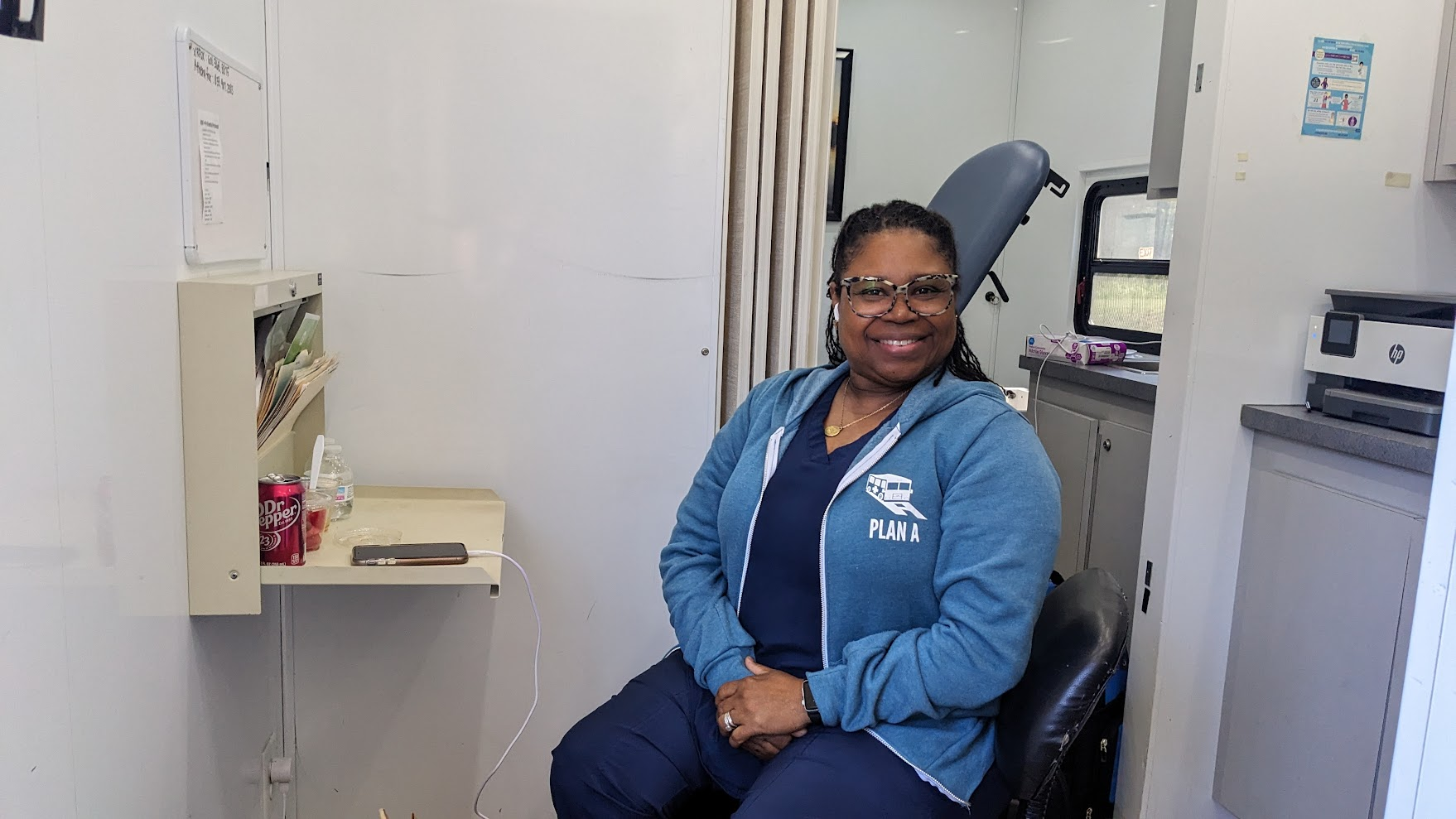The heart of the Mississippi Delta is the city of Belzoni. Once the “Catfish Capital of the World,” it’s now a small city ofjust under 2,000 people.
It’s also a stark illustration of the inaccessibility of healthcare in the Delta.
“We have people who literally have moved away only because we don’t have emergency healthcare here in Humphreys County or any top-quality healthcare,” said Humphreys County Circuit Clerk Marvin Jones.
He spoke with the Southern Poverty Law Center during theirTruth, Poverty, and Democracy tour, where they stopped in Belzoni to discuss the state of rural healthcare.
At the Oct. 3 town hall, audience members and civic leaders all spoke to the fact that medical care in the Delta is often unreachable, unaffordable and underwhelming.
Belzoni has some clinics -- but they're not enough. Ambulances can take hours to reach the city and hospitals are at least 20 miles away. Telehealth services can only do so much.
Jones described how his own aunt had to drive half an hour to Yazoo City once because the ambulance her daughter called had to wait until they’d finished taking care of another patient.
That ambulance could have taken hours to reach them. Jones said they were fortunate enough to be able to drive – sometimes, that drive is still too long, as he described in the case of another local woman.
“She was pregnant, four or five days from delivery, but before that time, she had a respiratory issue going on,” Jones said. “Her husband had to make a decision to drive her to Yazoo City, only to get literally like three minutes from the hospital where she and the unborn baby passed away.”
Sometimes, driving isn’t even an option.
In 2023, the same tornado that slammedinto the city of Rolling Fork also hit Silver City, just five miles south of Belzoni.
“It basically wiped out the town of Silver City,” said Jones. “But there were no ambulances, no hospital -- there was nothing there to treat anybody.”
The distance to hospitals is just one facet of the issue. Audience members repeatedly said that a better quality of healthcare would make a huge difference in getting the right diagnoses to save lives.
And, that better living standards would save lives, too.
“They tell you your sister is at the final stage of cancer, you lose her,” said one woman in the audience. “You got family members with colitis, diverticulitis and most of it is because of the poor drinking water or conditions, lead pipes and things like that.”
It’s profoundly isolating for Deltans.
“The Delta as a whole is what we consider as outside of Mississippi even though we are in the state of Mississippi,” said Jones. “We're in a situation where we feel like the state government don't even care about us.”
There are glimmers of hope for the region. State Representative Otis Anthony discussed some recent wins in the legislature, like expansions of maternal healthcare under Medicaid.
And, he's got goals for the next session: he hopes to expand Medicaid further, along with things like eyeglasses coverage and contraceptive dispensing reform.
In the meantime, other services work to bridge those healthcare gaps. Along with the townhall, the SPLC hosted several mobile clinics outside.
Temesa Crawford, a nurse with Plan A clinic, talked about the strides they’ve made – the day before, she met a woman who was diagnosed with breast cancer through one of their programs.
“She had no insurance, no way of getting a mammogram, but last year she was diagnosed and guess what? This year she rang that bell,” said Crawford.




